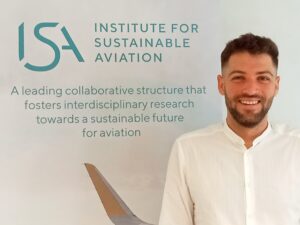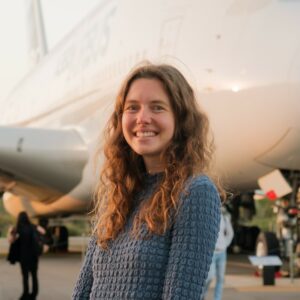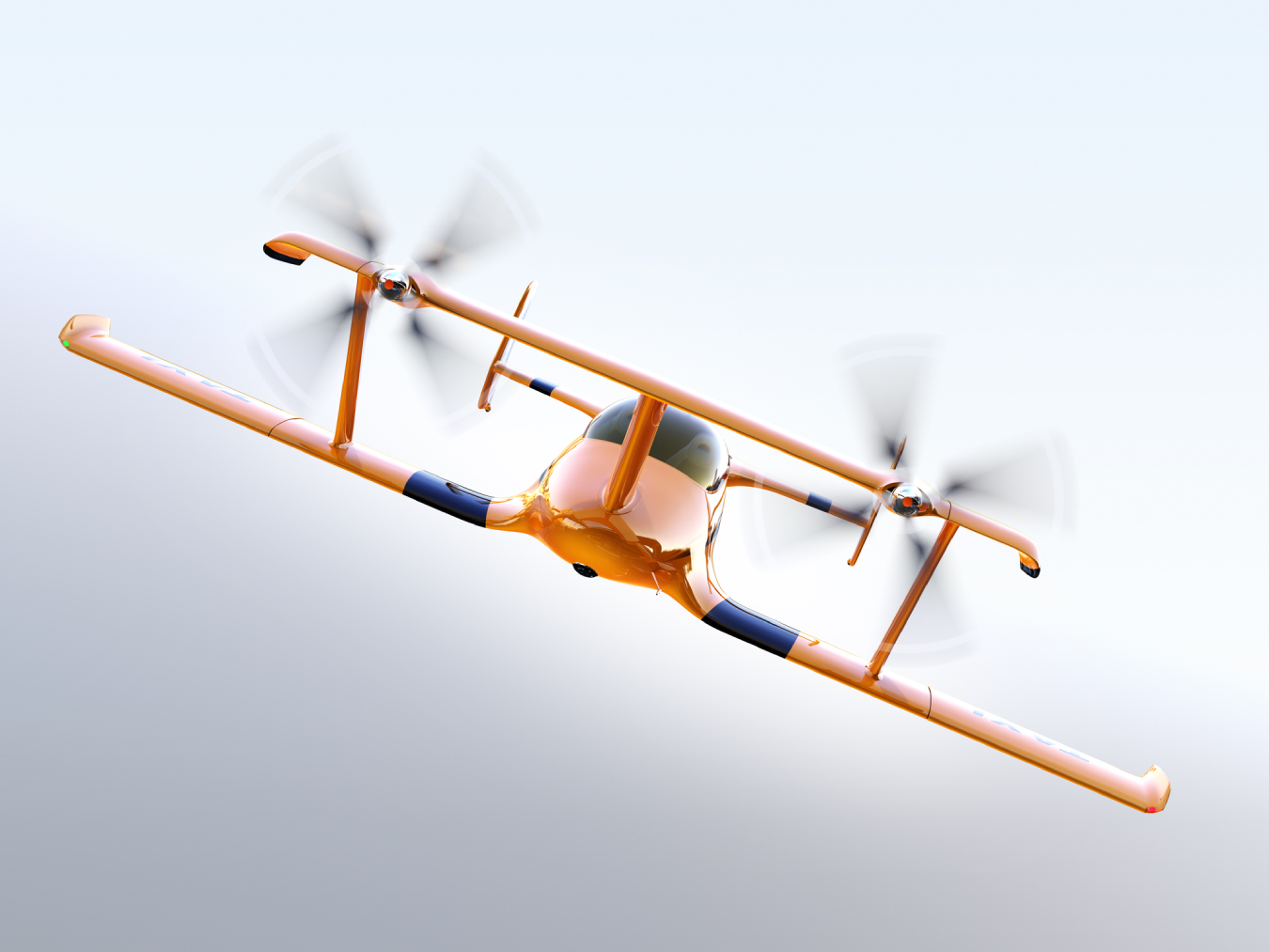Salgas, A., Sun, J., Delbecq, S., Planès, T., & Lafforgue, G. (2024). Compilation and Applications of an Open-Source Dataset on Global Air Traffic Flows and Carbon Emissions. Journal of Open Aviation Science, 2(1).
Arriolabengoa, S., Planès, T., Mattei, P., Cariolle, D., & Delbecq, S. (2024). Lightweight climate models could be useful for assessing aviation mitigation strategies and moving beyond the CO2-equivalence metrics debate. Commun. Earth Environ., Nature, 5, 716.
Bornes, L., Letondal, C., & Vingerhoeds, R. (2023). Understanding the Indirect Effects of Interactive Systems Within Systems of Systems. INSIGHT, 26(4), 18-21.
Planès, T., Delbecq, S., & Salgas, A. (2023). AeroMAPS: a framework for performing multidisciplinary assessment of prospective scenarios for air transport. Journal of Open Aviation Science, 1(1).
Cayet, P., C. Azzaro-Pantel, S. Bourjade, C. Muller, "Beyond the “bottom-up” and “top-down” controversy: A methodological inquiry into hybrid modeling methods for hydrogen supply chains", International Journal of Production Economics, 2024, vol. 268, pp. 109091
Salgas, A., Sun, J., Delbecq, S., Planès, T. & Lafforgue, G., Compilation of an open-source traffic and CO2 emissions dataset for commercial aviation (preprint) in Journal of Open Aviation Science, OpenSky-Symposium 2023 edition
Bonilla, X. & Ivaldi, M., « Banning short-haul domestic flights: a preliminary assessment for France », TSE Working Paper, n. 23-1482, October 2023
Bourjade, S., C. Muller, "Optimal leasing and airlines' cost efficiency: A stochastic frontier analysis", Transportation Research Part A: Policy and Practice, 2023, vol. 176, pp. 103804
Bornes, L., Letondal, C., & Vingerhoeds, R. (2023). Using a Quali-Quantitative Modelling Tool to Explore Scenarios for More-Than-Sustainable Design. Proceedings of Relating Systems Thinking and Design RSD12.
Salgas, A., Delbecq, S., Planès, T., Lafforgue, G. & Jézégou, J., Modelling and simulation of new regulatory measures in prospective scenarios for air transport (2023), in the proceedings of the Aerospace Europe 2023 Conference









